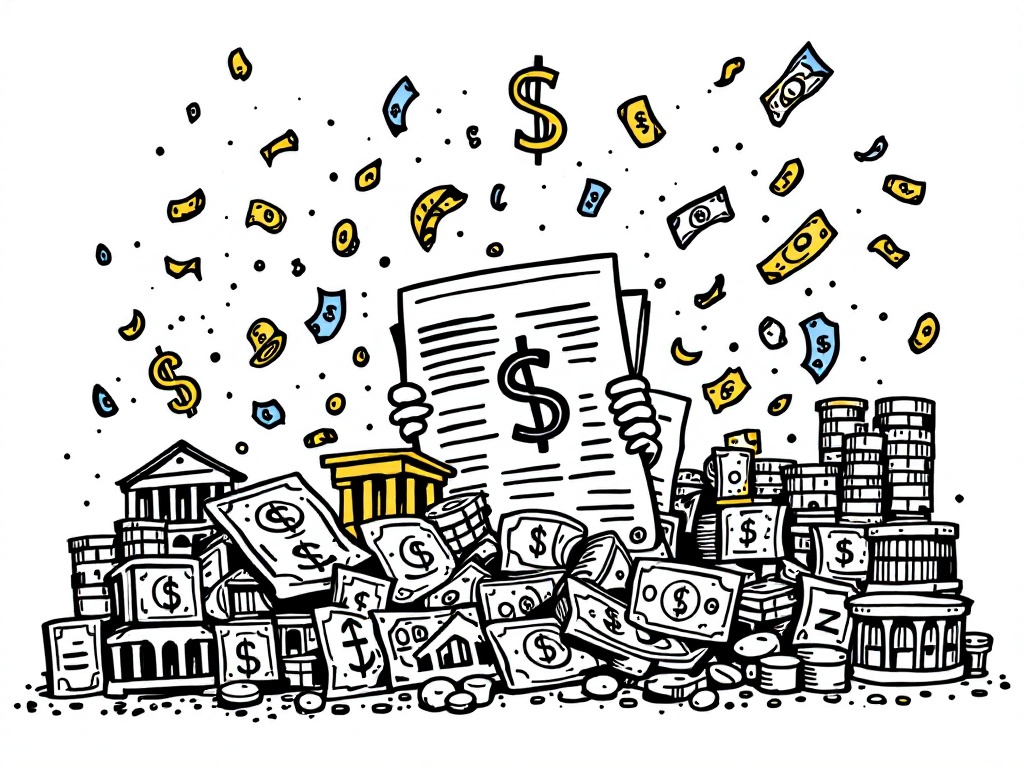Trump's Tariff Policies Raise Recession Concerns

Washington D.C., Tuesday, 22 April 2025.
Trump’s tariffs are sparking fears of a sharp recession due to potential job losses and economic disruption. Economists highlight the risk of ‘stagflation’ caused by rising tariffs and unemployment.
Rising Tariff Rates and Economic Concerns
As of April 2025, the United States is grappling with increased tariff rates under President Donald Trump’s administration, raising significant concerns among economists about an impending recession. These tariffs, which have dramatically risen from 2.5% to approximately 27% in just a few months, are among the highest seen in over a century [6][7]. The drastic increase has resulted in fears of stagnation and inflation, a situation often referred to as ‘stagflation’, where rising prices coincide with stagnant economic growth [8].
Impact on Small Businesses and Employment
Small businesses, which account for 80% of the U.S. labor force, are particularly vulnerable to these tariffs. Lacking the necessary capital reserves to absorb increased costs, many small enterprises face severe financial risks. This sector’s instability could potentially lead to significant unemployment, compounding the wider economic concerns [7][8]. Torsten Slok, chief economist at Apollo Global Management, warns of a 90% probability of a recession if current tariff levels are maintained, predicting a 4% contraction in GDP if no policy changes occur [8].
Political Ramifications and Policy Decisions
The political ramifications of these tariffs are also noteworthy. President Trump’s decision to impose a 145% tariff on Chinese imports, leading to reciprocal actions from China, highlights the escalating trade tensions. This measure, intended as part of a broader strategy to recalibrate the U.S. trade balance, has led to significant market volatility [6][7]. Additionally, Vice President J.D. Vance’s efforts to negotiate with India have seen some progress, but challenges remain with other nations such as Japan and Thailand, further complicating the trade landscape [1].
Uncertain Economic Outlook
The potential for a depression is accompanied by the fear of long-term economic stagnation, as evidenced by historical precedents such as the 2008 financial crisis [9]. Economists, including David Kelly from JPMorgan Asset Management, estimate a 60% chance of a recession occurring in 2025 if these policies remain unchanged [8]. Meanwhile, public sentiment reflects growing concern, with only 37% approving of Trump’s handling of the economy amid rising tariffs and potential recession threats [10].
Sources
- pro.thestreet.com
- www.rollingstone.com
- www.the-independent.com
- www.forbes.com
- en.wikipedia.org
- en.wikipedia.org
- www.the-independent.com
- www.forbes.com
- www.rollingstone.com
- www.rollingstone.com